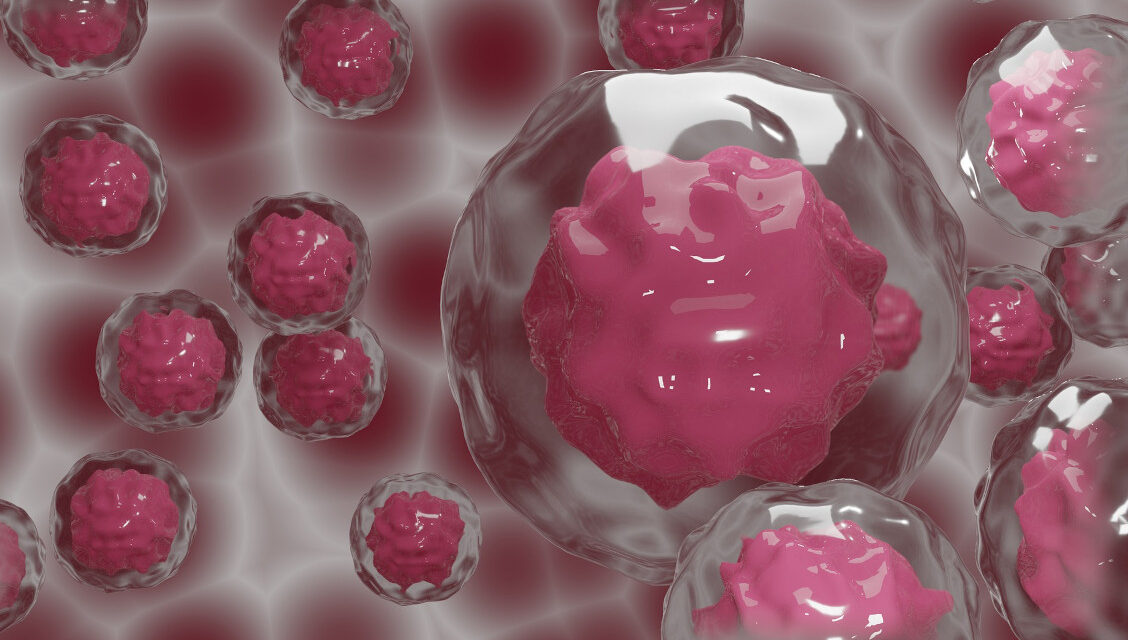British researchers were the first in the world to create artificial embryos that did not use sperm or eggs. Synthetic embryos were created using stem cells.
The results were presented by Magdalena Żernicka-Goetz, a researcher at the University of Cambridge, at a conference in Boston.
According to the hopes of scientists, through synthetic embryos we can gain insight into the early, critical phase of human development, writes The Guardian .
All of this is also important because a number of genetic disorders can surface in the first few weeks of conception. According to Robin Lovell-Badge, head of stem cell biology and developmental genetics at the Francis Crick Institute, embryos created with stem cells could provide a wealth of information about development without having to examine real embryos.
In the past, the idea of creating artificial embryos in order to have enough donor organs was also raised.
There are currently no legal restrictions regarding synthetic embryos
While naturally grown human embryos can only be used for research in the UK for 14 days, current regulations say nothing about synthetic ones.
Several similar experiments have been carried out in the past, but they were carried out with the stem cells of mice or monkeys.
This is the first time that an artificial human embryo has been created.
The synthetic embryos in question have no digestive system, no heartbeat, and no rudimentary brain, but they do have cells from which they can develop. Animal experiments have so far failed to create viable embryos. It is not yet possible to say what this is due to.
Magdalena Żernicka-Goetz, who presented the results, also emphasized that such experiments should be regulated as soon as possible.
Featured image: Illustration / Doodlert / Pixabay













